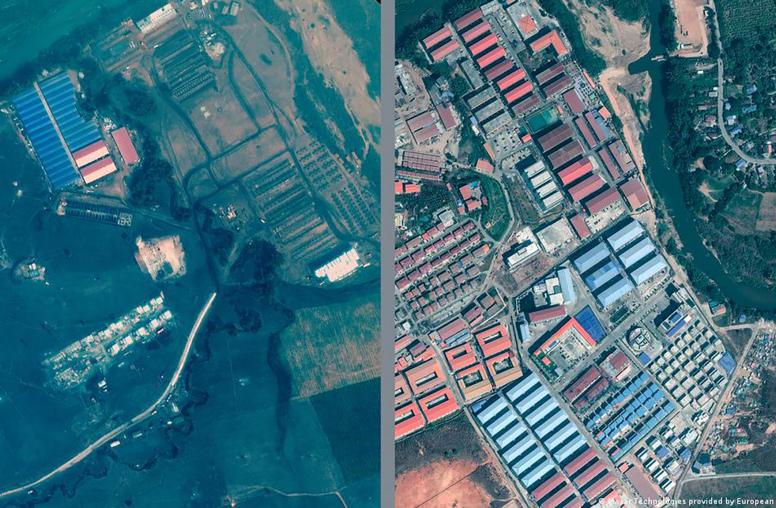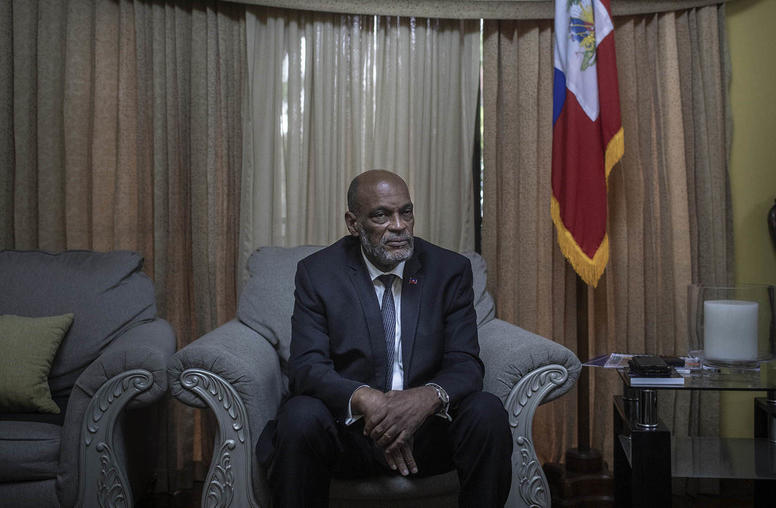 Global Policy
Global Policy
The U.S. Institute of Peace convenes officials and policy experts, influences high-level debates, and works with other institutions, government and civil society groups to discuss and develop better strategies that will prevent, mitigate or resolve violent conflict. Among the institute’s global policy priorities are the problem of fragility—when a state is vulnerable to violent conflict because government is unwilling or unable to address its citizens’ needs—and the need to better connect humanitarian relief, security sector assistance, political action and longer-term development aid.
Featured Publications

Palestinian Factions Pledge Unity: Another Diplomatic Win for China?
Hamas, Fatah and a dozen smaller Palestinian factions signed on Tuesday in Beijing a joint statement calling for, among other things, the formation of a national unity government. Fatah, the secular party that controls the Palestinian Authority, and Hamas, which perpetrated the October 7 terrorist attack that led to the ongoing war in Gaza, have been divided since 2007. Their rivalry has long been a thorn in the side of the Palestinian cause and numerous attempts at reconciliation have failed. This latest attempt comes as efforts to devise a post-war governance system for Gaza are picking up steam.

Japan-Pacific Islands Summit: Contending with Nuclear and Colonial Legacies
Last week, Pacific Island leaders flew to Tokyo for the Pacific Alliance Leaders Meeting (PALM), a summit between Japan and the Pacific Islands Forum (PIF). The meeting, which has occurred every three years since 1997, is designed to elevate Japan’s engagement with the forum and address common challenges, including climate change, fisheries and development.

As Russia Builds Influence in Africa, its Church Takes a Role
Vladimir Putin’s campaign to make the world safe for violent authoritarianism visibly exploits conflicts and bolsters military rule in Africa with mercenary armies, internet-borne disinformation and weaponized corruption. A less recognized Russian effort to build influence in Africa is an expansion across the continent of the Russian Orthodox Church. As the Russian church’s overt support for Putin’s war on Ukraine has corroded its influence in the traditionally Orthodox Christian world, the Moscow Patriarchate is opening parishes and hiring priests away from the established African church.
Current Projects

Transnational Organized Crime in Southeast Asia
Over the past decade, Southeast Asia has become a major breeding ground for transnational criminal networks emanating from China. USIP assembled a senior study group to assess one of the most pernicious aspects of such criminality: rapidly spreading, industrial-scale scam compounds that rely on forced labor lured from around the world. The senior study group convened four meetings to share research and information on the trends, dimensions and character of the criminal networks operating the scam compounds and developed recommendations for countering their malign effects.

Critical Minerals in Africa
Often throughout Africa’s history, natural resource exploitation has brought devastating consequences. However, it’s clear that Africa’s critical minerals will be developed regardless of the risks. The question is: How will critical minerals be developed and to whose benefit?

Crisis in Haiti
Analysis of Haiti’s deepening crisis, its implications for regional peace and security, and policy options for the United States to consider.